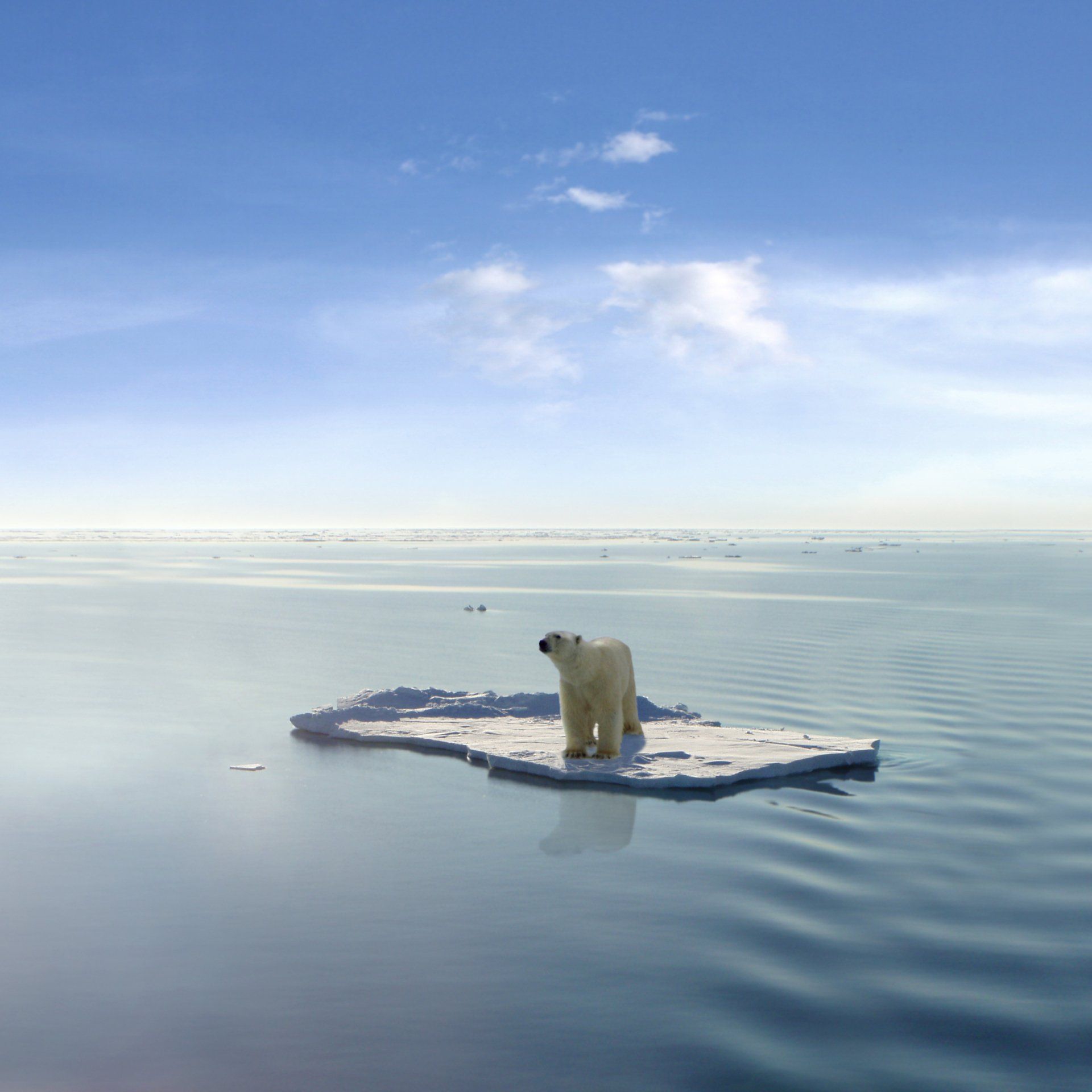When The Wolf Arrives: Is a Meaningful Response to the Environmental Crisis Possible?

Is it conceivable that as predicted, Los Angeles could be without water within three years? What will life be like, and what will be the possible financial implications? While in late April Los Angeles was assured to have enough water for the rest of the year and into the next, by early November the Southern California Metropolitan Water District entered “uncharted territory” and declared “a regional drought emergency” imploring people to “reduce their water use immediately”. At the same time as Los Angeles was running out of water, over one hundred thousand farm animals; cows, sheep, and goats, were dying of thirst and starvation in Chile. Further north, the iconic polar bears, symbols of the arctic, are dying of starvation as their ancestral home and hunting grounds melt away. The two mile thick Greenland ice shelf is breaking up, creating the potential for an ice fragment so large sliding into the Atlantic that it could create a tsunami massive enough to threaten thirty to forty million people living along the Atlantic Coast of America and an equal number in Europe. Nature is an unstoppable force; the Sahara, once a lush forest, home to our ancient ancestors, is today an endless sea of sand. How much more evidence do we need of reoccurring examples of droughts, hurricanes, wildfires, and floods before we believe the environmental crisis could change our lives and life on earth? Despite the number of headlines and growing scientific evidence is it possible that we have gotten so weary and bored with the constant stream of dire warnings over the past fifty years that as the wolf arrives we don’t believe it?
For over a century, every country on earth has depended on carbon fuels,coal, oil, and natural gas, as their primary sources of energy. Oil is like the software of industry, without it the machines that produce the cars, process the goods, and make the clothes and everything else we depend on to survive would grind to a halt, devastating the global economy. America’s rise to dominance in the twentieth century as a global economic, political, and military power rested on its vast reserves of carbon fuels and its control of global energy. Shifting or altering the energy formula will alter America’s position in the global power structure. America is not alone in fearing the implications of altering the energy formulas. The economies of Europe, with three of the world’s ten largest energy companies, China, with two, and Russia, with one, all rest upon the very same energy scaffolding as does the economies of the drought-stricken Middle East nations, who could not financially survive without oil revenues. Across the world, carbon fuels are so thoroughly interwoven into the economy of every nation that no one can act effectively alone. Changing the uses and mix of energy requires not only a rethinking of fossil fuels, but a reengineering of the economic, political, military, and financial structures of every country on earth. Any solution to the environmental crisis will require the almost impossible task of negotiating an end or major reduction in carbon fuel consumption, essentially transforming the entire global pattern of wealth and power.
As the predictions of the disastrous consequences of the impending environmental crisis become more frequent and dire the scale of the threat has not galvanized us into a single voice. Unfortunately, but not unexpectedly, it has driven us further apart. The debate between the two sides has become more strident, intransigent, and polarized, leading to paralysis. On one side are the increasingly vociferous and inflamed calls for broader, deeper, and more immediate action on carbon dioxide and other greenhouse gas emissions, and on the other an increasing resistance deriding the recommendations as unworkable, damaging, and leading to unmanageable economic disaster. Each component of the problem has been turned into a wedge issue by partisan forces seeking to garner votes benefiting one political party or the other, despite the damage being done to the nation and world. The divide is now so vast that it is as if we were living on two sides of an ocean. The inability and unwillingness of the key public, private, and institutional sector participants to build a common framework has made even the thought of reaching consensus on a meaningful plan of action an impossible fantasy.
A solution to our dilemma will not come by choosing one side over the other, but only by recognizing that this is a multidimensional problem. The seemingly competing environmental, economic, social, and political issues are all interwoven aspects of the same problem that we must solve together. Without a joint effort to create a comprehensive and integrated knowledge base to provide the facts on each facet necessary to understand the incredibly complex nature of their interactive effects, no solution is possible. Without a global dialogue to resolve the conflicting interests of this complex problem it will be impossible to reach consensus on a comprehensive solution, leaving us only with a choice between saving the environment or the economy; either leading only to unforeseen, catastrophic consequences.
At this point everyone is talking, and no one is listening. We live in bubbles, silos, and echo chambers, each insular, neatly walled off, and deaf to the arguments of others. Until we learn to listen and exchange ideas, we will not find the way to make the transition to a sustainable world. It should be clear to everyone involved on all sides of the issue that without a comprehensive and integrated strategy we will suffer the consequences of both an environmental and economic catastrophe. Unless we demand that our political and economic leadership depart from their fervent and fanatical commitment to their partisan positions, we will be dragged into the vortex. Nature is not going to give us a recess or time out to think as it plunges forward on a disastrous path driven by the impact of non-stop energy consumption. Ask yourself what will happen if Los Angeles does run out of water. Passively waiting for someone else to take responsibility and meaningful action is no longer an option; we must all get involved as the unavoidable future is now. The wolf has arrived; the danger can no longer be ignored!
1 Laura Bliss, “Facing Drought, Southern California Has More Water Than Ever”, Bloomberg, April 28, 2021
2 CBSLA Staff, “Southern California’s Main Water Supplier Declares Regional Drought Emergency”, CBS Los Angeles, November 9, 2021





















